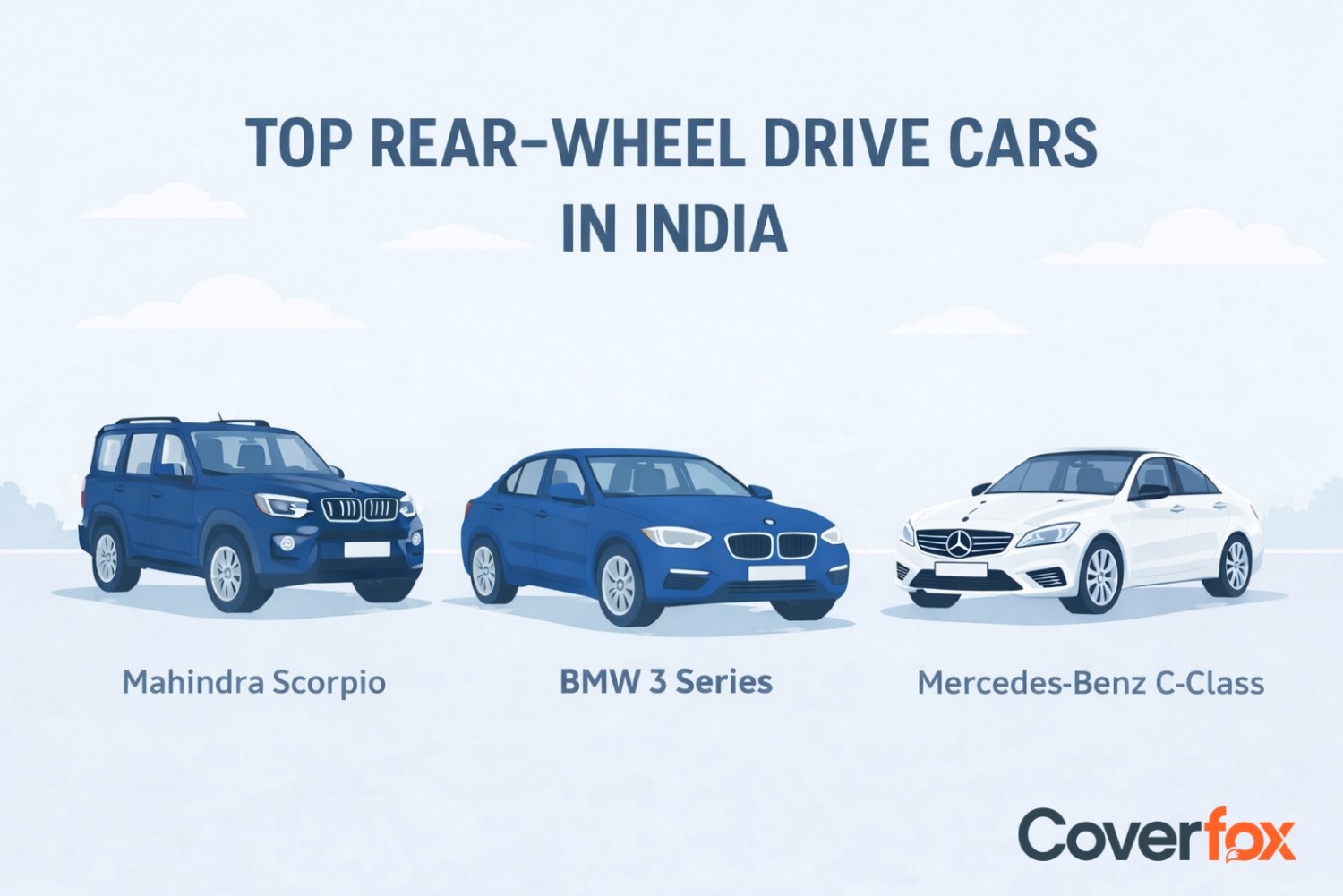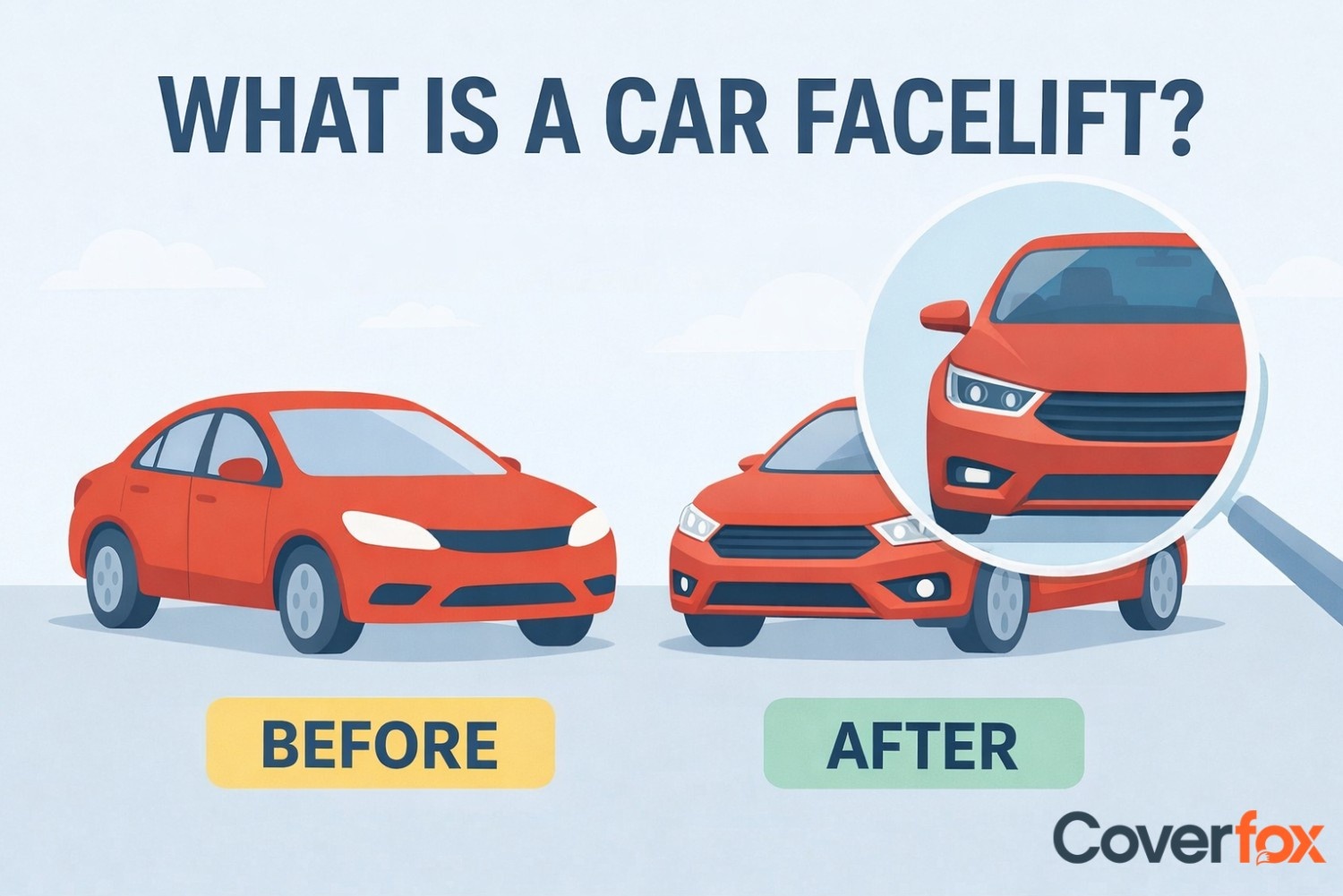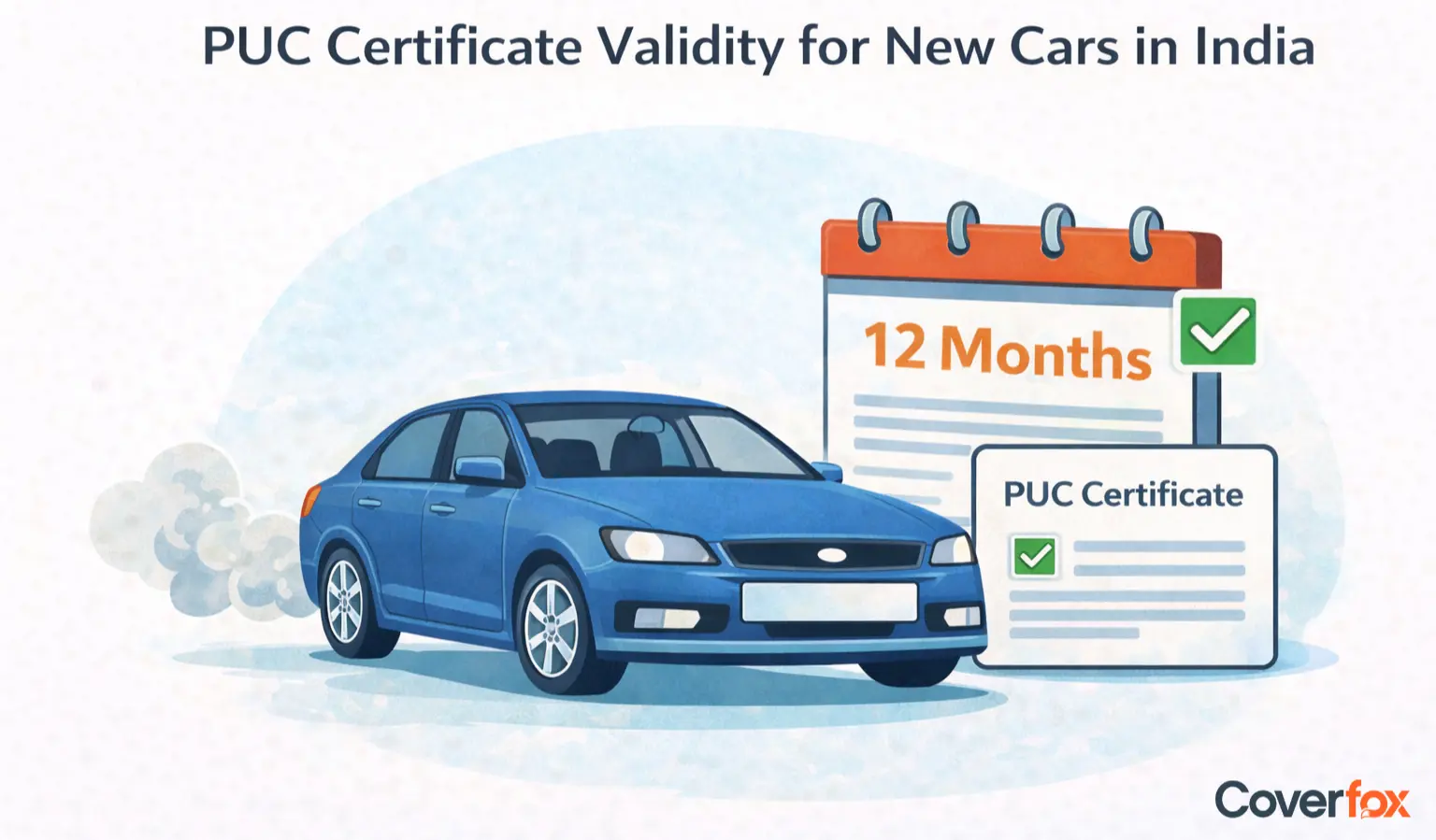Rains make the roads wet and slippery, posing a challenge to drivers to drive in such conditions. Undoubtedly, electric cars are designed smartly to handle such conditions, but it's our responsibility to drive safely and take necessary precautions.
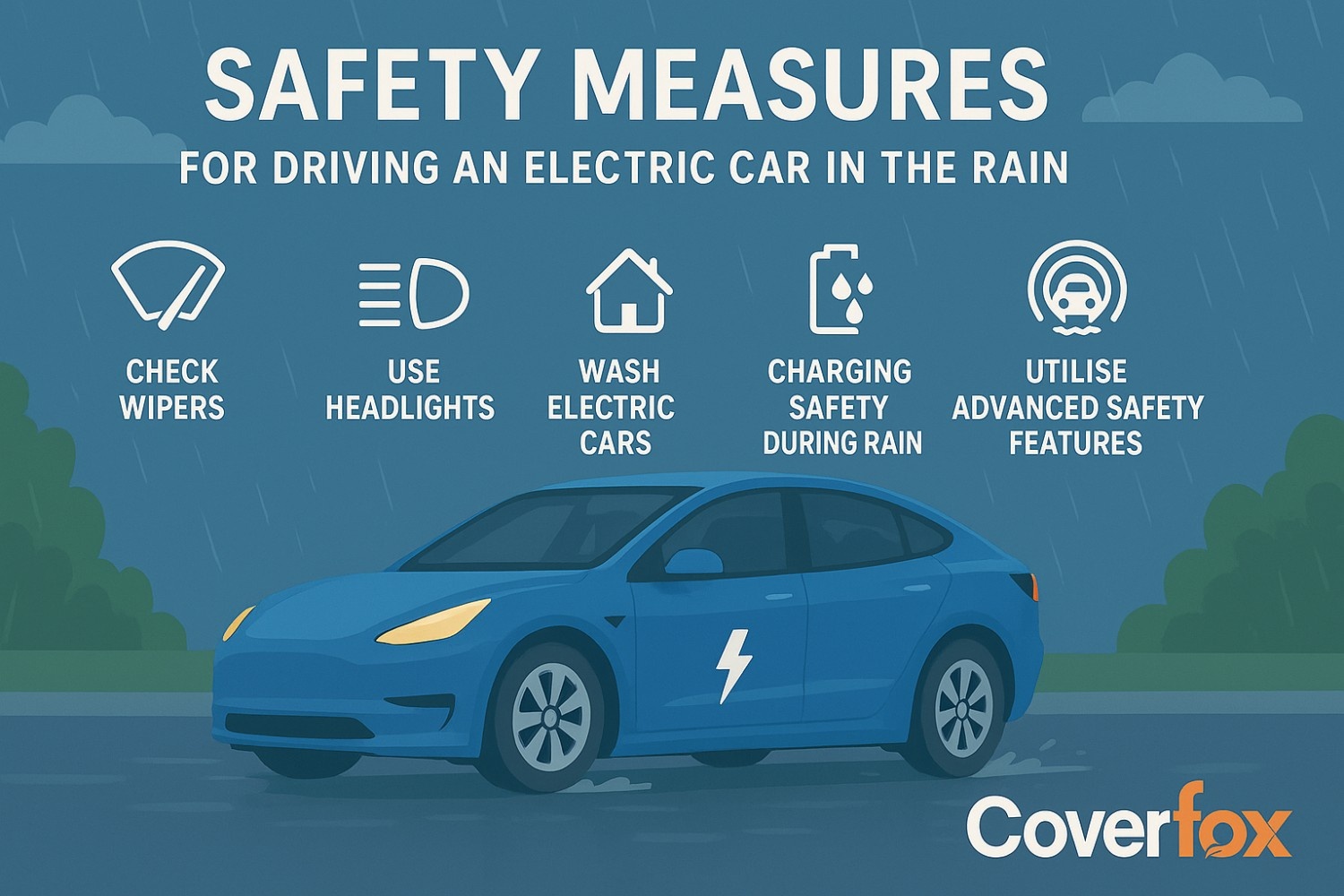
Keeping aware of the necessary safety measures is important to protect you and your EV from any damage. Getting electric car insurance will keep you financially safe in unexpected situations like accidents or any type of damage to your vehicle, especially in the rain.
Essential Safety Tips for Driving an EV in the Rain
Driving an electric car in rainy weather invites risks and needs extra caution to guard yourself and the vehicle from causing any harm. Staying prepared is important in such times, as it gives you a safe and comfortable journey. You can consider the following safety tips while driving an electric car in the rain:
Ensure Proper Maintenance of Your Electric Car
It’s important to maintain your EV regularly in the rainy season to uphold its efficiency and safety. It keeps vehicles' battery life better and decreases the risk of heavy loss.
- Check battery performance regularly.
- Keep the software of your EV updated.
- Ensure that you inspect the brakes and regenerative braking system regularly.
- Check the pressure and cracks of tyres consistently.
- Keep charging stations clean and away from water-leaking areas.
Understanding Electric Car Safety in Wet Conditions
Electric cars are uniquely built with high safety measures and waterproof technology, which makes them safe to drive even in the rain. But it is important to understand how they work in such conditions so you can take necessary precautions and stay prepared while driving.
- All charging ports are made to be weather-friendly.
- The batteries and motors for electric cars are sealed securely to protect against water.
- Traction control helps maintain grip on slippery surfaces.
- Avoid driving through deep water to keep the bottom of your car safe.
Wash Electric Cars Immediately After Getting Rainwater
Rainwater consists of small dirt particles, which can cause harm to some internal parts of your EV and sometimes damage the paint too. Hence, washing your car after you drive it in the rain becomes an essential part and prevents damaging its parts and appearance.
- Make sure to clean the dirt and rainwater from your EV.
- To protect the paint, use a pH-balanced car shampoo.
- Remember to clean under the wheel arches and lower panels, as dirt particles get settled there.
- Thoroughly dry the car after washing it.
- Apply car wax or paint sealant regularly to keep it safe.
- Inspect and clean the charging ports neatly whenever necessary.
Charging Safety During Rain
Due to advanced technologies, there are weatherproof and built-in safety mechanisms for charging stations, hence it becomes safe to charge your EV. Still, taking extra care is necessary to keep yourself and your car safe.
- Charge only at certified, weather-resistant charging equipment.
- Avoid using damaged or exposed charging cables.
- Before plugging in to charge, keep your hands dry and also make sure that the plug point is dry too.
- Don’t try to use extension cords or DIY setups, as they can ruin your EV charging system and are highly unsafe.
- After usage, remember to close the charging port cover properly.
Extra Precautions for Flooded Roads
When the roads are flooded, driving becomes a task. So, you need to take extra caution as floodwater can harm the parts of your vehicle and reduce traction.
- Avoid driving through floodwater as much as possible.
- Drive slowly in the rain to prevent water from getting into your car.
- Keep a safe distance from other vehicles to avoid sudden stops.
- If water has entered the cabin or battery area, stop and seek help instead of driving with a damp system.
- After crossing water, test the brakes gently to ensure proper function.
Monitor Battery Health
Regularly checking your EV’s battery health is essential to maintain performance, safety, and range, especially in varying weather conditions. Early detection of issues can prevent breakdowns and costly repairs.
- Use the vehicle’s built-in battery monitoring system.
- Schedule professional battery health inspections periodically.
- Watch for signs like reduced driving range or slow charging.
- Avoid frequent deep discharges or overcharging.
- Keep the battery clean and dry.
- Update your EV’s software to optimise battery management.
Utilise Advanced Safety Features
Modern electric vehicles are engineered with advanced safety systems that can improve driver control and prevent accidents. Hence, this helps to maintain overall safety on the roads during rain.
- Before moving out, activate traction and stability control systems.
- If needed, use automatic emergency braking.
- Rely on lane-keeping assist and blind-spot monitoring.
- Engage adaptive cruise control for consistent speed.
- Use parking sensors and cameras for better visibility.
- Keep the safety system software updated.
Final Thoughts
Though electric cars are built with advanced safety technologies, you need to maintain them smartly and drive carefully to protect your vehicle from getting damaged. Following some simple but effective tips can save your EV from getting damaged, not driving through water, careful charging, washing your car regularly, etc. Along with these precautions, securing your vehicle with EV car insurance adds an extra layer of protection and peace of mind.
Explore More:
Car Insurance Important During Monsoon Time?
Things you must have in your car this Monsoon
How your Car Insurance Can Be Your Savior During Heavy Rains
Frequently Asked Questions
Is it safe to drive an EV in the rain?
Yes, it is safe to drive electric vehicles in the rain, as they are designed to consider all weather conditions.
What are the safety precautions of EV?
Check battery health regularly, avoid overcharging, keep software updated, follow proper charging procedures, and ensure all cables are in good condition.
How to charge an EV car in the rain?
Firstly, use a certified, weatherproof charging station. Plug in under a covered area if possible, and never use damaged cables.
Can rain damage my EV battery?
No, EV batteries are sealed and protected against water.
Will I get an electric shock while charging in the rain?
No, EVs and chargers are built with safety systems that prevent electric shocks, even in wet conditions, if used properly.
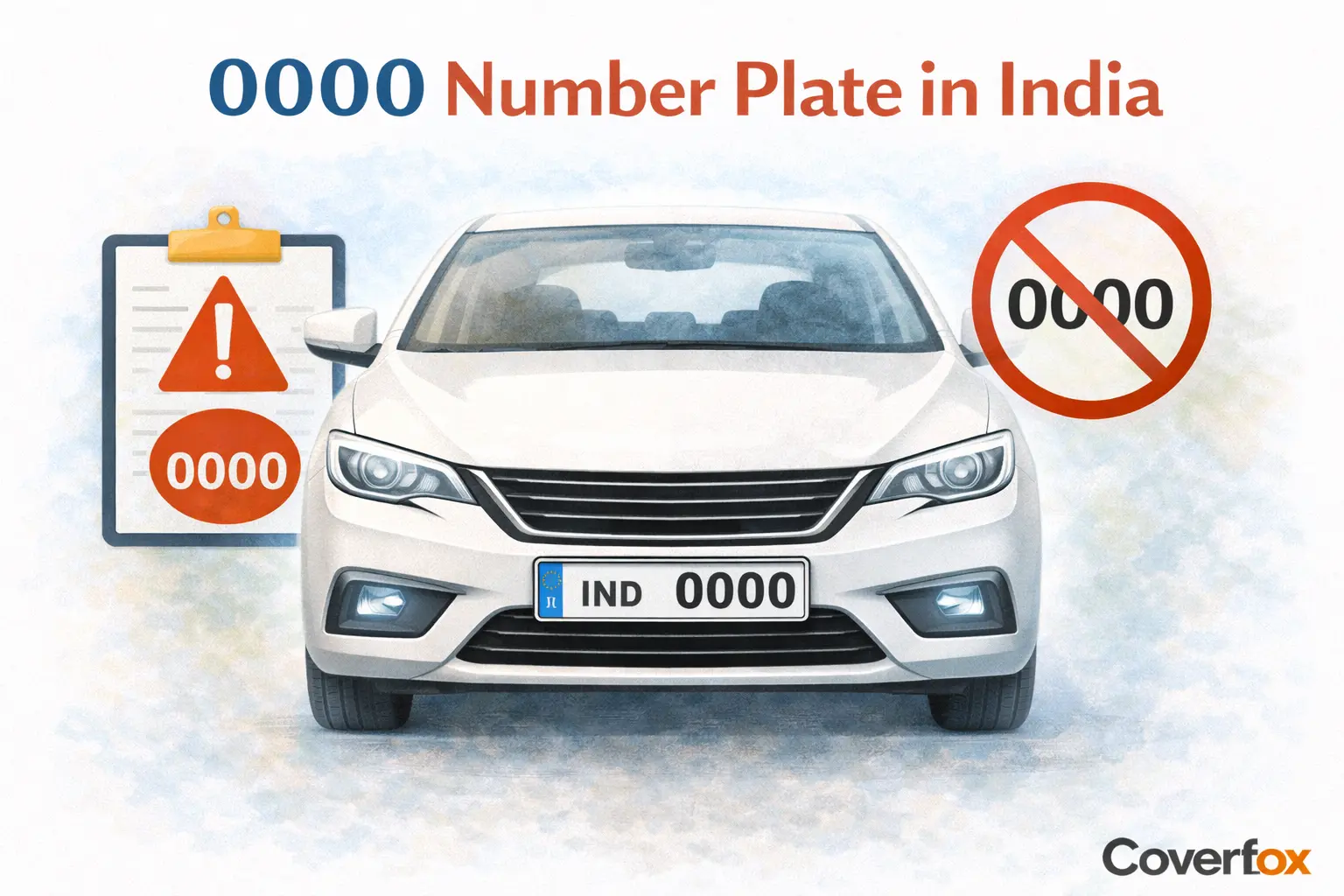

 in Cars.webp)
